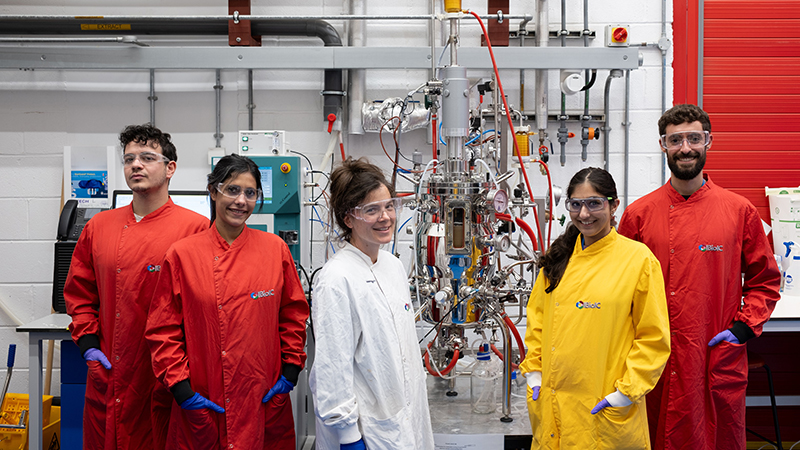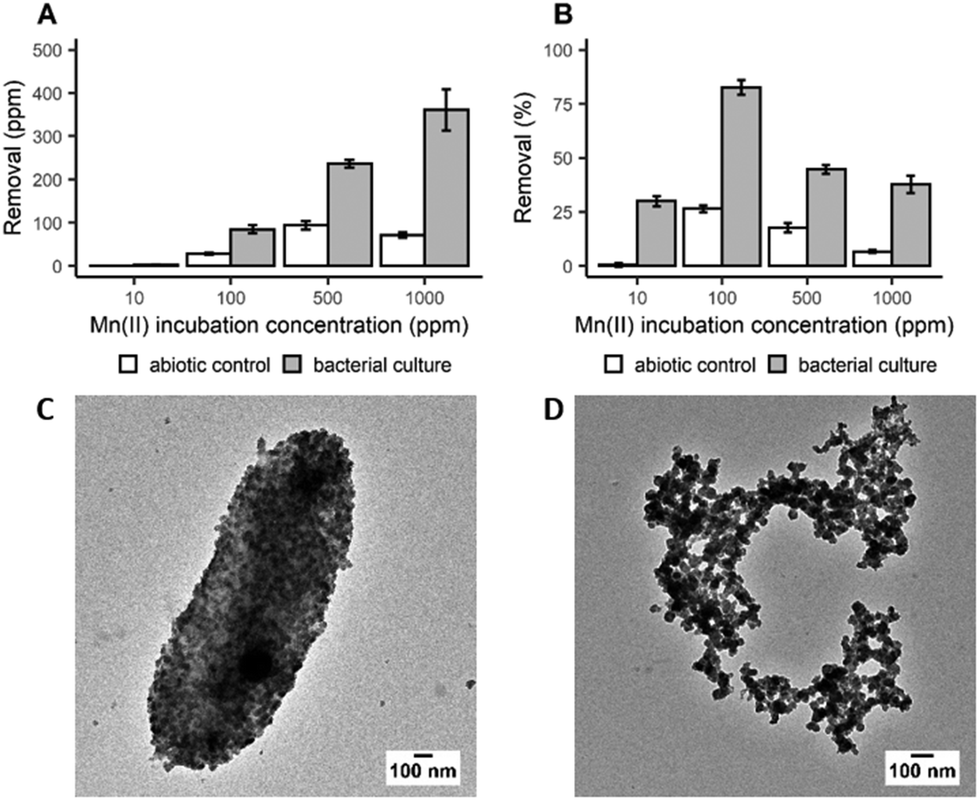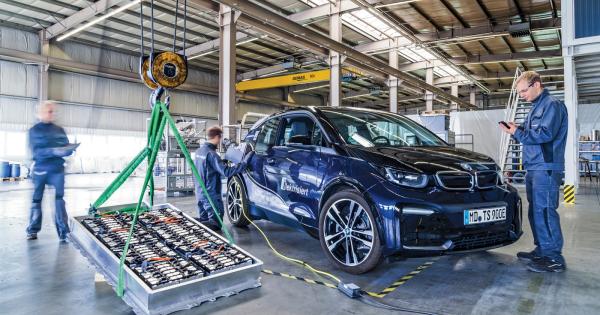It is true that the whole world is moving towards a future without oil and where electric vehicles reign supreme. However, if that is the idea, there is a big problem to solve: the waste and residues that lithium batteries leave behind. And it seems that a group of scientists has already found the answer: bacteria.
What is this recycling project about?
According to a report by the Institution of Mechanical Engineers website, a group of specialists in sustainable biotechnology at the University of Edinburgh is investigating the use of bacteria to recover valuable metals from electric vehicle batteries, once they have reached the end of their useful life.
 The research team at the University of Edinburgh
The research team at the University of Edinburgh
The recycling process uses bacteria to extract metal compounds from lithium-ion batteries, which are used in electric cars. Once recovered and processed, these elements (such as cobalt, manganese, nickel and lithium) could be used again for a new line of batteries. Nowadays, we have a big problem regarding the waste of these batteries, because practically no material has been recovered from their production. Therefore, a recycling process would make this entire industry greener.
The Industrial Biotechnology Innovation Centre (IBioIC) backed the project to push it to non-industrial levels, so it is allowing the use of its facilities at its FlexBio centre in Edinburgh to perfect the process, by conducting tests in a larger bioreactor.
How are metals in an electric battery recycled using bacteria?
 Bacteria would allow the reuse of metals, to take advantage of them in a new line of batteries
Bacteria would allow the reuse of metals, to take advantage of them in a new line of batteries
According to the information, the project involves the selection and engineering of bacteria using the Edinburgh Genome Foundry. There, the bacteria are added to a battery leachate (which is the liquid left over after the initial processing stages) by a fermenter to simulate a natural biological reaction. During this process, the bacteria produce nanoparticles of the metal compounds, generating a sediment that can be separated and filtered from the residual liquid.
Today, the first tests are already being carried out using material recovered from a battery of the electric battery that belonged to a Nissan Leaf.
This project is part of the Lithium-Ion Battery Reuse and Recycling initiative (ReLiB), led by the University of Birmingham and funded by the Faraday Institution in the United Kingdom, in hopes of helping the world generate a greener production cycle.
As we mentioned earlier, as the world is moving more towards an electric future, it is important that automotive manufacturers find methods and processes to prevent so much waste from being generated once cars or their components exceed their useful life. Only in this way will the world truly be able to leave oil behind, if electricity is the only viable path.








